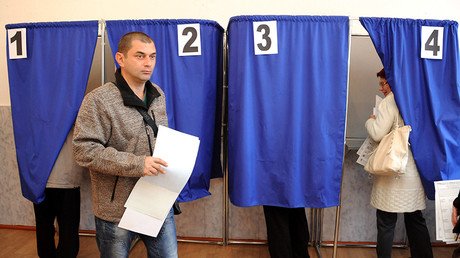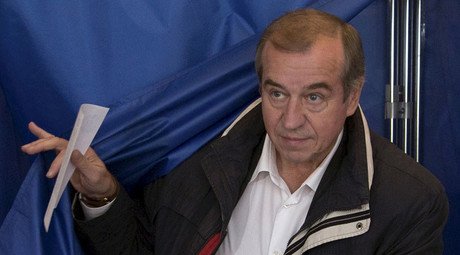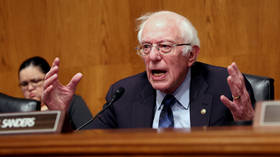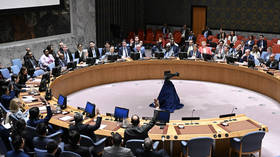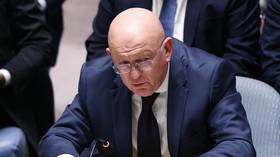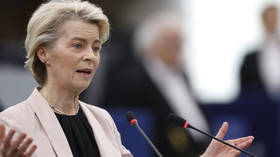Russian elections chief says stronger competition needed at regional polls
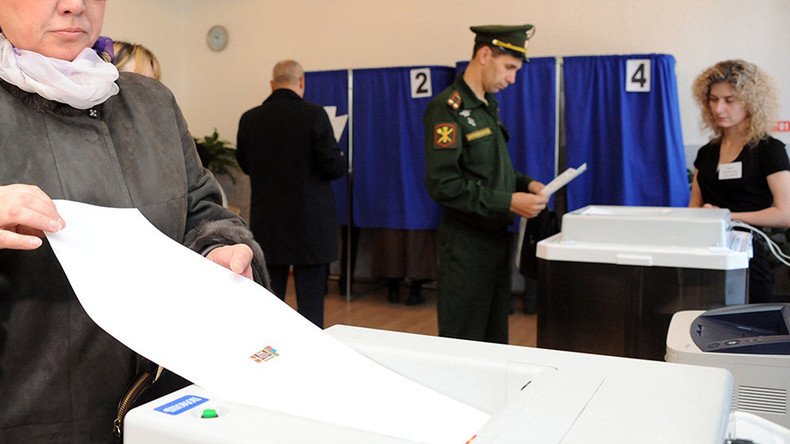
The head of Russia’s Central Elections Commission has said the so-called ‘municipal filter’ – through which candidates for regional leadership posts must be backed by local lawmakers – should be canceled as a threat to political competition.
“The legislative norm about the municipal filter must be canceled in its current form. We need a system that would bring more order to the political process, but without killing the competition,” Ella Pamfilova said in an interview with Kommersant daily.
“Maybe experts could come to an agreement and lawmakers would listen to them, there are multiple variants how it could be done. For example, they could lower the threshold from 10 to 5 percent or even lower. Or they could allow the regional lawmakers to throw their support behind not only one candidate but as many candidates as they want,” she added.
The official spoke about the practice that was introduced in 2012, when then-President Dmitry Medvedev signed a law reviving the election of regional leaders, instead of direct appointment by the president.
However, the new law ordered that candidates for the posts of regional governors or heads of internal republics must present signatures of the members of legislative assemblies from regions they are running in.
The necessary number of signatures, called a “municipal filter,” can be between 5 and 10 percent of the total number of lawmakers in the region, including members of the municipal and district legislatures. The specific figure is set by each region separately.
The municipal filter caused protests from opposition politicians and parties from the moment it appeared. In 2012, federal MPs representing the Communist Party and the center-left party Fair Russia addressed the Constitutional Court with a complaint claiming that the new law violated both passive and active election rights of Russian citizens.
However, in December 2012 the Constitutional Court ruled that the federal authorities’ moves aimed at barring persons who lack sufficient support from voters at the polls were not violating the constitution.
Pamfilova had previously proposed liberalizing the municipal filter, but agreed that it must remain because it was an effective tool against “some scoundrels and fake parties.”
